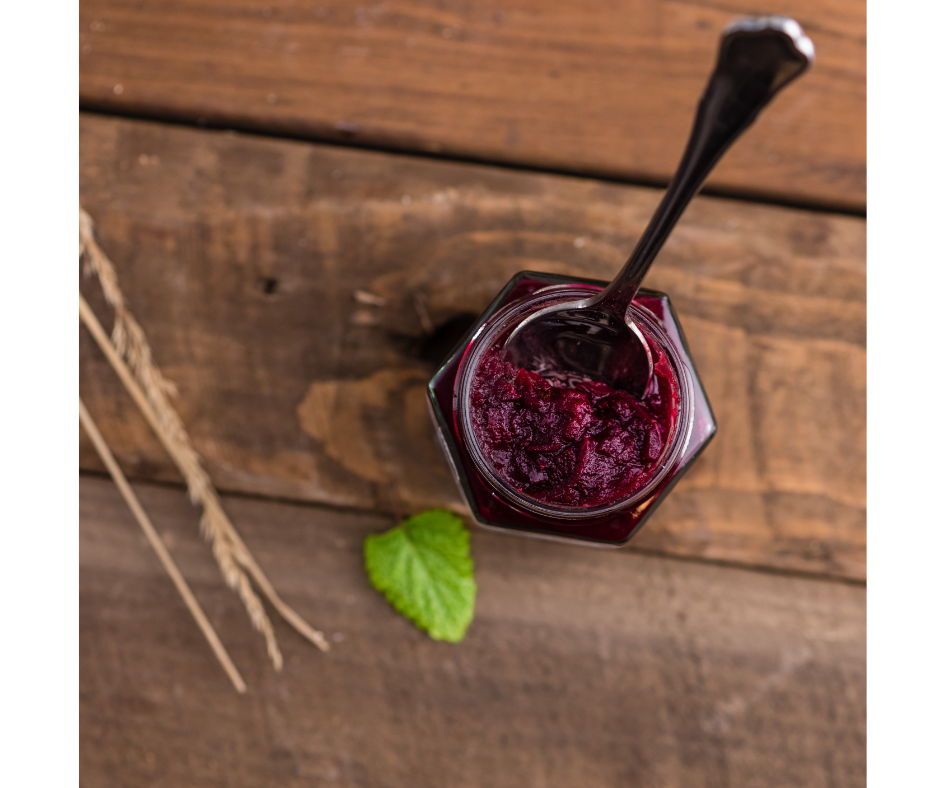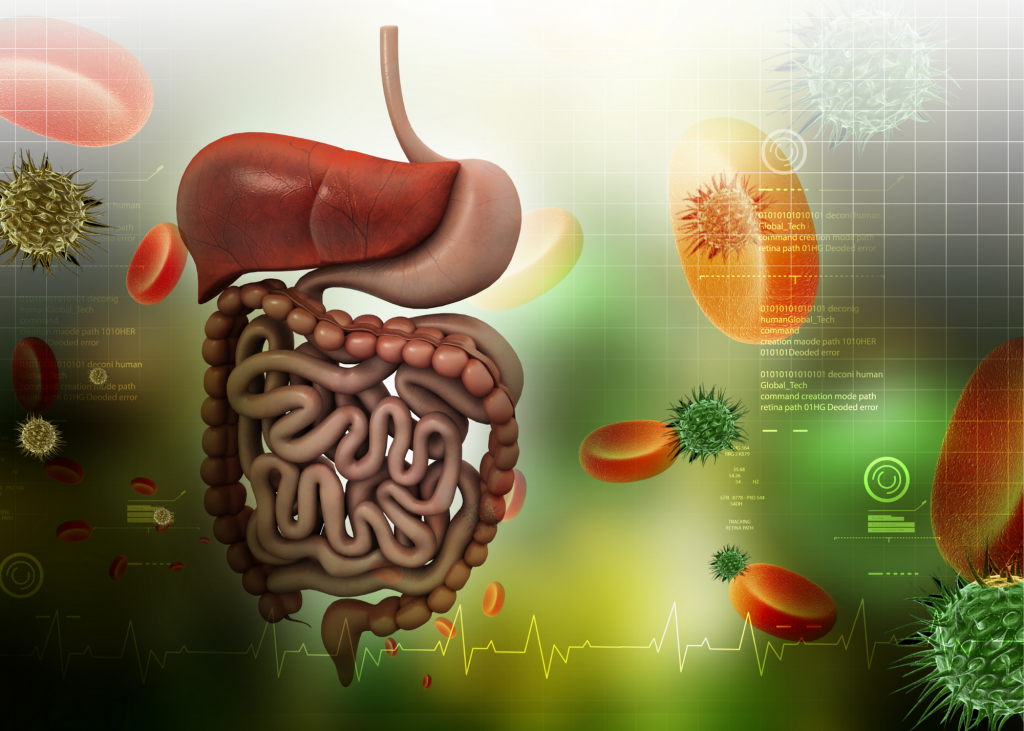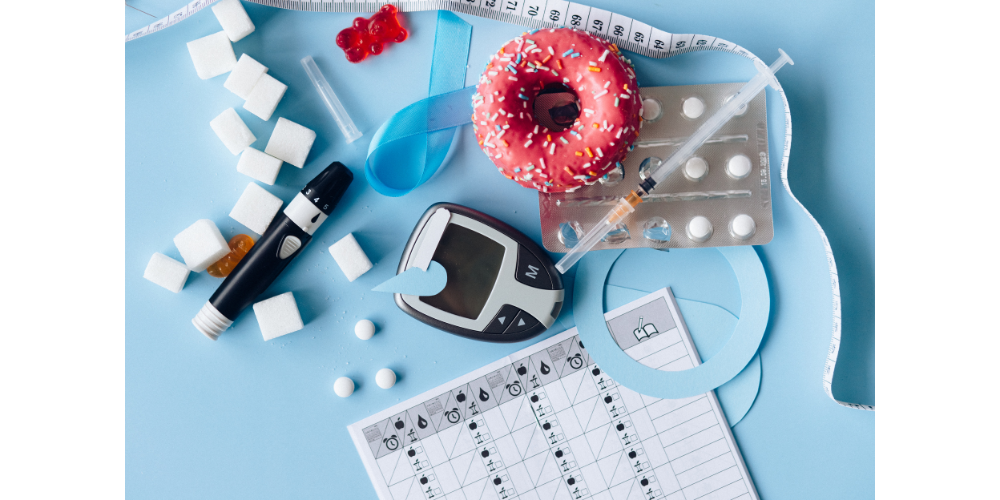When I first started learning about the intestinal system and how that affects our bodies as a whole, pectin was not on my radar. Probiotics, sure. And microbiome was even thrown around a fair amount. But what on earth would pectin have to do with benefiting the intestinal tract? Or the human body as a whole? Thanks for asking! Let’s look at the importance of pectin and it’s effects on the human body.
What is Pectin?
First things first. What is pectin? It is a soluble fiber found in fruits and vegetables. Pectin is a polysaccharide, which is a non-digestible sugar. According to this article, pectin varies in its structure, composition and amount. All these variables are dependent on where the plant is in its life cycle, what part of the plant it is, and even the type of plant.
Generally speaking, most people know pectin as a packet of powder to add to home made jam so that it will gel, thicken and set.

Where To Find Pectin
Apples are what most people think of when considering what has the most pectin. However, even more pectin is found in citrus peels! Although vegetables don’t usually pop up in the pectin conversation, vegetables have pectin too, since it’s part of all green plant cell walls. This study looked at various vegetables and found that carrots have the highest amount of pectin from those that were studied. Potatoes have a fair amount of pectin, as well as green beans and tomatoes.
Pectin Effects On The Human Body
Pectin has actually been researched a fair bit to study it’s effects on the human body. In general, the results have revealed a positive correlation between pectin intake and various health issues. Let’s look briefly at how pectin works. Pectin supplies a lot of structure to plant cells as well as hydration. When pectin is introduced into the body, it reacts with water and turns into a gel. This has many implications not only for intestinal health, but for overall body health.
Pectin and Digestion

Many things can go wrong with digestion. Anyone who has an issue can attest to how life-impacting it is. A randomized clinical trial looked at people with a history of constipation, specifically slow-transit. Half randomly got pectin and the other half received a placebo. The results showed that the pectin not only stopped the constipation symptoms, but also increased beneficial bacteria in the participants intestines. This shows that pectin helps with bulk, movement, and bacterial support.
Another thing that pectin does is feed the microbes in your intestine. It’s called pre-biotics. This has great significance in not only supporting beneficial bacteria, but also encouraging them to take on anti-inflammatory properties.
Certain pectins, especially those with low esterification, have a higher capacity for producing mucous and helping to line the intestines. This is a wonderful thing, because it acts as an additional barrier. During stress, our bodies are more susceptible to “microbial invasion,” and having the extra protection in the intestines can keep opportunistic microbes at bay.
Weight Loss and Management

Pectin also decreases the speed at which food leaves the stomach. This can help with weight loss and management. The body feels fuller for longer, decreasing how much people eat. It can speed up the overall time in the digestive tract though, which promotes good motility and prevents foods from “rotting” in your system. Pectin will “bulk up” fecal mass, which makes it easier to move things through the body. To give an overview of how pectin is processed in the intestines:
“[Pectin plays] a key role in the prevention and treatment of metabolic syndrome, intestinal disorders and cancer; a positive effect in the treatment of ulcerative colitis, Crohn’s disease, high blood pressure, diarrhea and obesity.”
https://www.ncbi.nlm.nih.gov/pmc/articles/PMC6017442/
Another study on obese rats looked at pectin and how it affects weight, gut health, and systemic inflammation. The results revealed a return to normalcy in intestinal bacteria and a lessening of systemic inflammation. These effects allowed the rats to decrease in weight, fat, and achieve a balanced intestine.
This article also looked at obese rats; specifically at what effect high protein versus high fiber diets would have. In short, the high fiber diet helped the rats feel fuller for longer and therefore decreased their calorie intake. It also allowed for a better environment to ferment foods in the last part of the intestines and promote intestinal health.
Cholesterol

In regards to cholesterol, research has shown that pectin lowers it by 7-10% in human trials. Additionally, the type of pectin affects how well this is accomplished due to pectin variety in structure and composition. This study shows that soluble fibers like pectin can decrease LDL (bad cholesterol) levels while maintaining HDL (good cholesterol) levels in the body. Another article states that water soluble fibers prevent the re-uptake of bile acids, leading to cholesterol conversion into bile acids and a lowering of LDL. In addition, pectin’s gel-like properties bind cholesterol and bile salts with itself, excreting them from the system.
Blood Sugar

This study looked at how dried apple pectin affects healthy individuals’ glucose response. The result was a reduction in the glucose tolerance test response by two fold, as well as an increase in glucose urine output. The study concluded that pectin also helps prevent glucose absorption, leading to better blood glucose levels.
Another study assessed apple pectin in diabetic patients and found that consistent intake of the pectin did help with glucose tolerance.
While it seems that pectin can help regulate and/or lower blood sugar levels, many studies do not show a large benefit. The conclusion is that more research is needed in this area.
Cancer

There has been research done to show that certain pectins can decrease colon cancer development. Papaya pectin (at certain times of the papaya’s growth) has high levels of β-galactosides. These can bind to and inhibit galectin-3, which in excess, can cause inflammation and cancer.
A study was done to determine if apple pectin could prevent cancer cells from spreading, and/or kill them. The results were very promising. Apple pectin achieved the aforementioned goals as well as prevented tumor growth and cancer cell lines. This is achieved primarily by apoptosis, which is the death of cells caused by the normal growth of the organism. In cancer, this process can be blocked, leading to the overgrowth of cells that negatively effect the body.
Heavy Metals
The more we talk about pectin the more it seems to be a “too good to be true” type scenario. But there are studies showing pectin effects on the human body; how it can bind with heavy metals and take them out of the body. Anyone who has undergone heavy metal chelation will understand the importance of this. Pectins also have a special affinity for binding to lead and decreasing it’s toxic effect in the body.
Pectin and Beyond
Ok, lots in information. Hopefully this gave you an overview of pectin and it’s effects on the human body. There is still a lot more to consider on this subject, so check out my post on how fermented pectin interacts with the human body!
Even with all this information, it’s hard to know how to utilize it in your day to day life. Where should you start? I’m so glad you asked! Check out the list of other articles on this topic below. In addition, I will be writing a post on the best ferments to get started with, so stay tuned!
- A Brief History of Fermentation and Why This is Important
- The Science Behind Fermentation and it’s Benefits
- The Importance of Time Tested Fermenting Equipment
- The Best Fermenting Equipment To Use
- Discussion on Ferments Exposed to Oxygen
- Are Mason Jars the Best Tools for Fermentation?
- Pros And Cons Of The Mason Jar For Fermenting
- Dialogue on the Mason Jar and Oxygen Diffusion
- Important Gasses In Fermentation
- The Best Salt For Fermenting: Part 1
- The Best Salt For Fermentation: Part 2
- The Best Water For Fermentation


Leave a Reply